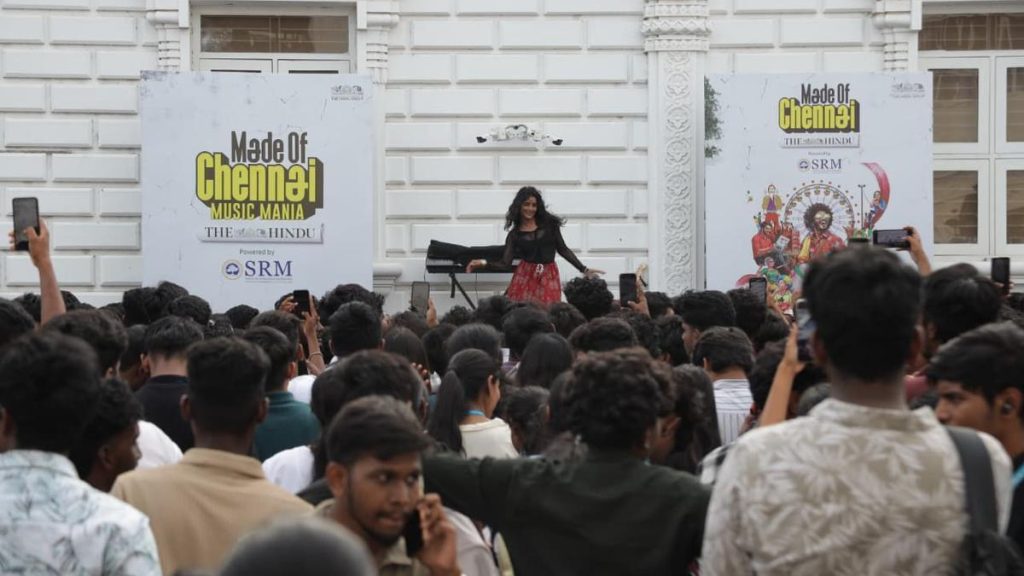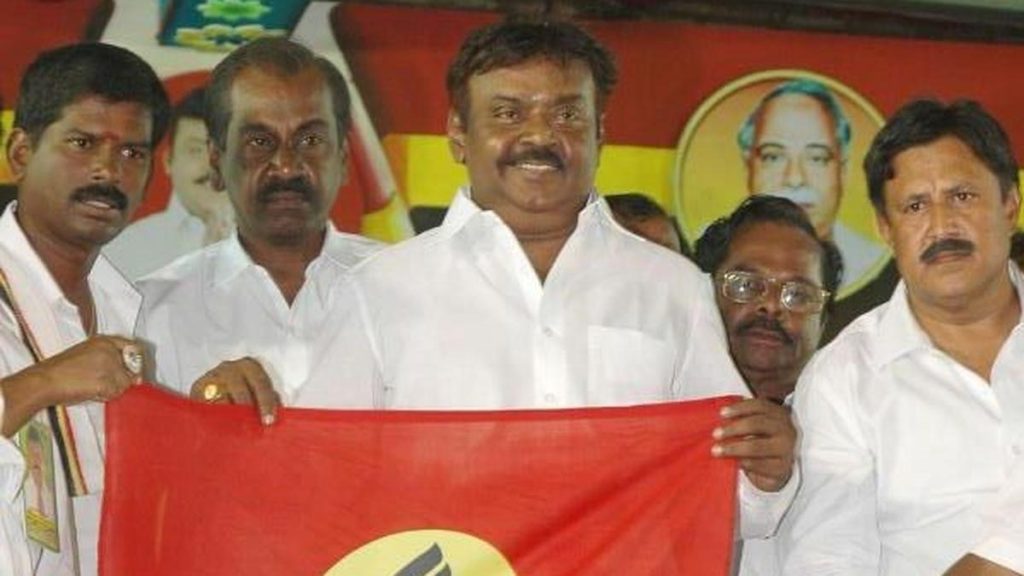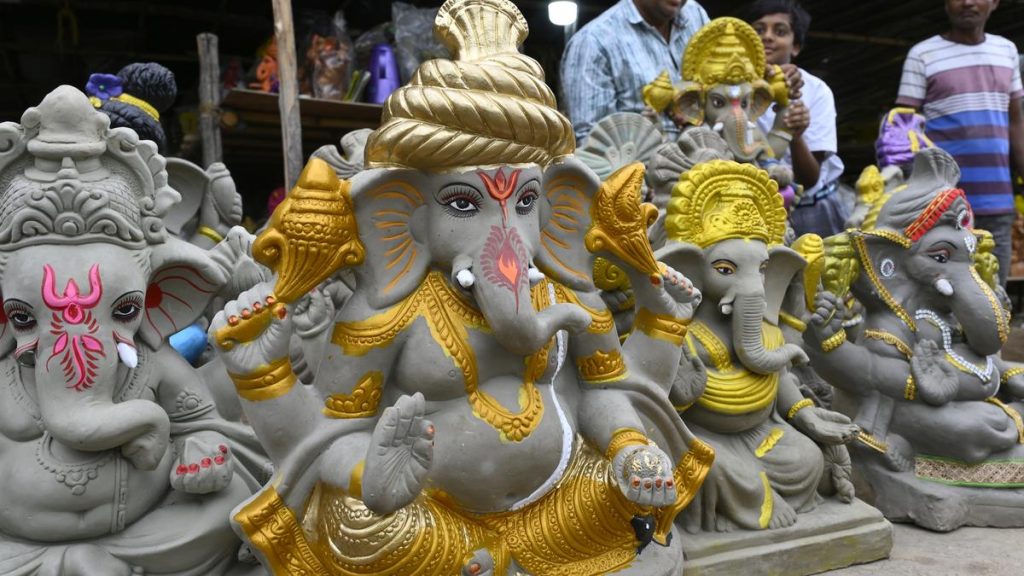Now Reading: Digital University Kerala Faces Probe Over Financial Irregularities; V-C Calls for Audit
-
01
Digital University Kerala Faces Probe Over Financial Irregularities; V-C Calls for Audit
Digital University Kerala Faces Probe Over Financial Irregularities; V-C Calls for Audit
Quick Summary:
- Concern Raised: Digital University Kerala (DUK) Vice-Chancellor in-charge, Ciza Thomas, has reported alleged misuse of government funds and irregularities within the institution to Governor Rajendra Vishwanath Arlekar.
- Specific Allegations:
– Unauthorised private ventures by faculty utilizing university resources such as office space,staff,and research scholars.
– conflict of interest among senior faculty who allegedly own private companies without formal approval from the university.
– routing government-funded projects through privately-owned entities without appropriate oversight.
- Graphene-Aurora Program Issues:
– ₹94.85 crore project co-funded by MeitY and State government flagged for irregularities.
– Transfer of ₹3.94 crore in project funds to I-GEIC-identified as an implementing agency despite corrections putting DUK itself as a responsible party.
- Contracts Favoring Private Entities: Memorandums reportedly give operational immunity to external firms while placing full implementation obligation on DUK, perhaps harming university interests.
- Infrastructure Misuse: Kabani building facility at Technopark refurbished for ₹2.9 crore is used by private company staff while expenses are being borne by DUK.
- Call for Audit: Dr. Thomas has requested an independant audit alongside steps initiated for Accountant General auditing.
Indian Opinion Analysis:
The allegations against Digital University Kerala illuminate potential governance shortcomings and raise significant ethical questions about institutional resource management in India’s public higher education sector. At the center of this issue lies concerns over accountability protocols when collaborating wiht private entities on high-stakes tech initiatives like the graphene-Aurora programme-a symbolically vital venture given its scale and funding split between national and state governments.
If substantiated, conflicts between academic duties and external business benefits reflect a worrying trend that could undermine public trust in institutions meant to drive innovation through taxpayer money or donor contributions. Rampant mismanagement could discourage crucial investments into technology-focused academia nationwide if systemic checks aren’t tightened.
Dr. Thomas’s move toward transparency via audits may provide clarity around financial misappropriation claims but could also expose gaps forcing broader policy change across similar institutes managing large-scale collaborative projects between academia and industry sectors nationally.
For more details about this developing story click here.


